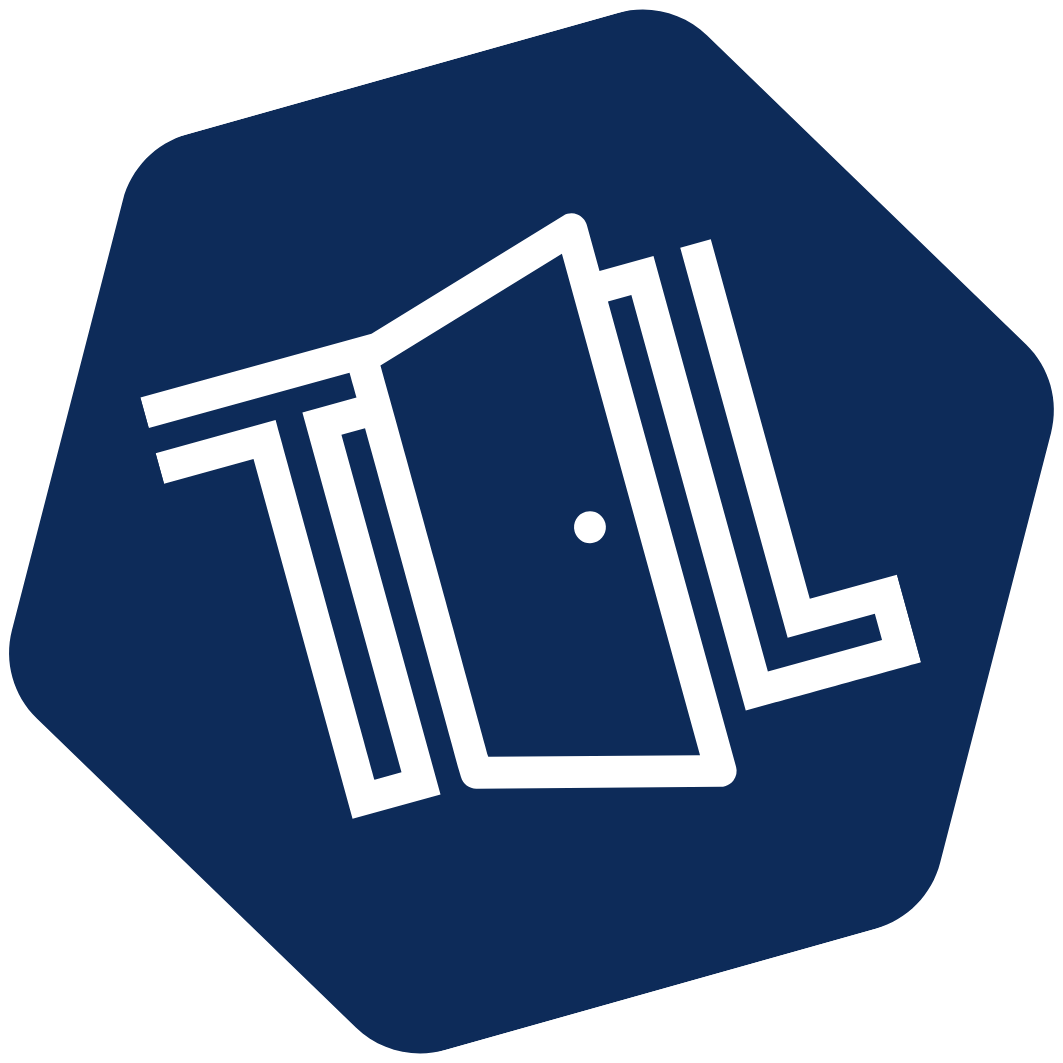Gratitude is often viewed as a soft skill - something that’s nice to have, but not necessarily essential in the realm of education. However, recent research has shown that gratitude plays a significant role in shaping the educational landscape, affecting both students and educators alike. There are actually many tangible benefits of gratitude in education and practical ways to measure its impact.
But before we get too much further, let's address why measuring the impact of gratitude matters. Gratitude fosters a positive school climate, enhancing overall well-being and academic success. When students and educators feel appreciated and acknowledged, they are more likely to be engaged, motivated, and resilient in the face of challenges. By quantifying the effects of gratitude, educators can make informed decisions about implementing gratitude practices in their schools and classrooms.
So, how can we measure the impact of gratitude in education?
Surveys and Questionnaires
One way to gauge the impact of gratitude is through surveys and questionnaires. These tools can assess students' and educators' attitudes towards gratitude, their level of engagement, and overall satisfaction with the school environment. By collecting data on a regular basis, schools can track changes over time and identify areas for improvement.
Academic Performance
Another indicator of gratitude's impact is academic performance. Research has shown that students who practice gratitude tend to have higher levels of well-being and academic achievement. Schools can compare the academic outcomes of students who participate in gratitude interventions with those who do not, providing valuable insights into the correlation between gratitude and success in education.
Behavioral Observations
Observing student behavior can also provide valuable insights into the impact of gratitude. Educators can look for signs of increased prosocial behavior, such as kindness, empathy, and cooperation, among students who engage in gratitude practices. By documenting these observations, schools can demonstrate the tangible effects of gratitude on student behavior and social-emotional development.
Attendance and Retention Rates
Gratitude can also influence student attendance and retention rates. When students feel valued and appreciated, they are more likely to attend school regularly and remain engaged in their studies. Schools can track attendance and retention rates among students who participate in gratitude interventions, providing evidence of the positive impact of gratitude on school attendance and student retention.
You see? Measuring the impact of gratitude in education is essential for understanding its tangible benefits and making informed decisions about its implementation. By utilizing surveys and questionnaires, assessing academic performance, observing student behavior, and tracking attendance and retention rates, schools can gather valuable data to demonstrate the positive effects of gratitude on students and educators alike.
So go for it! Start by implementing gratitude practices in your school or classroom and collecting data to measure their impact. Share your findings with colleagues and stakeholders to build support for gratitude initiatives in education. Create that positive and thriving educational environment in your corner of the world!

written by
The Consultancy
Threshold Learning is dedicated to transforming educational experiences by integrating behavior analysis into school settings. We support educators, specialists, and administrators in enhancing student outcomes through evidence-based practices. Our team of experienced consultants provides tailored program evaluation and development solutions to empower schools to foster inclusive and supportive learning environments.
University Product
product description in relation to blog post
Write your awesome label here.
Write your awesome label here.
Download our resource and start learning!
Learn the tools used by the world's top professionals. Boost your confidence, master the field, become a certified professional. We hope our guide provides you with valuable insights and practical tips.
Everywhere you listen to podcasts!
Little Bits of TLC Podcast
Join us for more!
Listen to with our guest, Flora Yao
Project Thrive
Build an inclusive, proactive classroom that supports students with behavioral and mental health needs.
Join the next cohort to develop effective environments, behavior strategies, targeted instruction, essential collaboration skills, and more!
Project Onward
Build a transformative intensive program with your complex at-risk students.
Join the next cohort to develop your self-contained or alternative education program from design through implementation!
Project Bace
Build an effective, individualized functional skills program for your low-incidence students.
Join the next cohort to develop your instructional environment, responses to behaviors, functional academics, and more!
Project Thrive
Listen to this episode about HLPs in general ed. and resource!
Project Onward
Listen to this episode about HLPs in intensive EBD!
Project Bace
Listen to this episode about HLPs in life skills programming!
